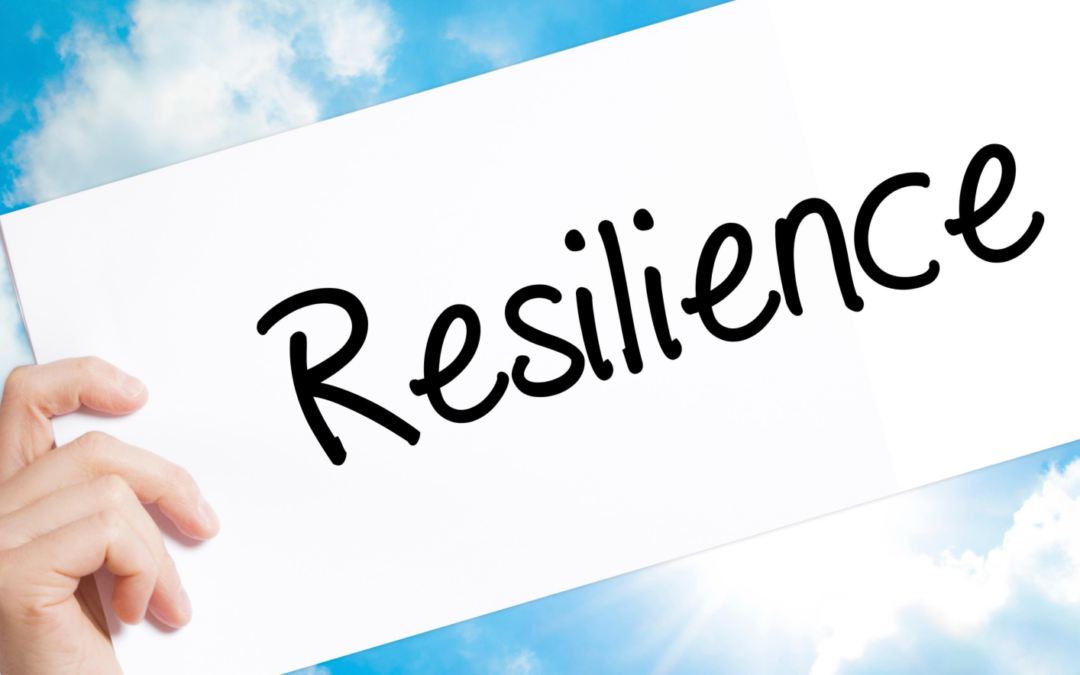We can all agree our resilience has been tested in the past months. It is okay not to be okay, but how fast do you bounce back to your normal after you had a relapse? How “elastic” are you? In a world where external and internal disappointments are bound to happen to you and your team members, you must be resilient every day.
What is Resilience?
Resilience refers to the ability to handle pressure, recover quickly, and bounce back to the “normal you” despite the difficulties. Resilient meaning can even span farther to refer to the toughness you display in times of uncertainty in your office, with your team, or in your personal life. Hard times in your organization do not last, but resilient leaders do.
Elements of Resilience – Skills to Overcome Stress
One of the common occurrences in the workplace that, as a leader, you have to build resilience against, is stress. You need to acquire five major skills to grow that personal resilience against frustrations, depressions, stress, and other related upsets. They include:
- Self-Awareness
This typically refers your ability to observe how your body and mind response to stress. How extreme are your feelings? What are your desires? How are your thought patterns? Besides, it is crucial to know how your body and mind relate to each other. When you are upset, how does your body react, and what kind of actions do you take? Don’t let your emotions control your body, know yourself, and how you act.
- Attention
One major cause of stress is having your mind anchored in your past, on the future or being too focused on a certain past event or failure. This inability of being in the present moment might prevent you from taking the right decisions and giving the right directions to your team.
- Letting go physically
You must reduce your tension and restlessness concerning one or multiple issues you are facing or even regarding projects your team has not achieved. Make sure you identify your own way to calm your body down and relax. Remember what John Lennon said “Everything will be ok in the end. If it is not OK, it is not the end”.
- Letting go mentally
Some situations we face, come with a long-lasting effect. Every time you remember them, they cause some stress, they somehow pollute your mind by creating unnecessary noise. In this case, you need to distance yourself from your thoughts and narratives to create mental space. This enables you to differentiate your beliefs, stories from other people, and your thoughts.
- Give attention to positivity.
Now that you have decided to be aware of negative beliefs and emotions, you must be intentional on focusing on positive emotions else; you will slip back to negativity. Eventually, you can develop accessing positivity and finally become resilient against stress.
How to Build Resilience
During these unprecedented times, your team members are looking unto you to give them emotional encouragement to move forward. You, therefore, must be a role model in terms of resilience. Some of the ways you can build resilience include:
- Accept changes as part of life
- Articulate your why, your individual and team purpose
- Practice meditation (some great apps such as Headspace or Calm exist or get trained in the Transcendental Meditation technique)
- Separate your personal life and your career, plan activities that you love that will allow you to re-boost, recharge your mind and your body (sport, cultural, social activities, etc…)
- Set up a morning routine (you know I am a big fan)
- Have quality people around you, avoid toxic people.
- Journaling is a great practice as it helps control your emotions and improve your mood by helping you prioritize problems, fears, and concerns. By tracking any symptoms day-to-day, you will build an ability to recognize triggers and learn ways to better control them. This will also provide an opportunity for positive self-talk and identifying negative thoughts.
- Have some reflection time, individually and collectively – be intentional on stepping back from the action and focus on reflection.
- Learning new skills and re-framing your current skills and interests
In conclusion, personal resilience will enable you to handle corporate stress and other setbacks that usually occur. On top of that, by building your own and team’s resilience, you will be able to give your employees the emotional strength to remain committed to the vision and goals despite the challenges on the road.
-Isabelle Grenier, founder of AcePoint Consulting
Continue the dialogue and contact us at info@acepointconsulting.com.
Click here to read our other articles on Leadership and Team Effectiveness.
Stay tuned for more insights.
Follow our company page on LinkedIn.


Recent Comments